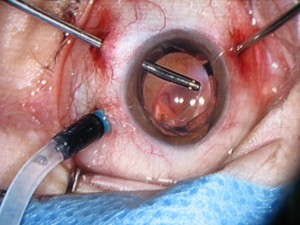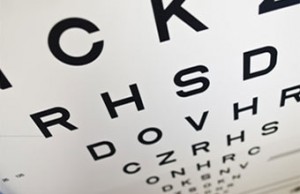From an interview with an radiology resident from New York City, NY
Part of an interview series entitled, “Specialty Spotlights“, which asks medical students’ most burning questions to physicians of every specialty. See what doctors from every specialty had to say about why they chose their specialty and how to match in their residency.
- How competitive is the radiology match?
Last year (2011) it wasn’t even specified as “competitive” by the NRMP. However, in general, radiology is a popular choice. I considered myself a consistent but average medical student, and had no trouble getting plenty of interviews. Be realistic with your choices, and don’t think about of the cost of your application. If you are feeling insecure, cast a wide net and spend some time asking yourself what really matters in a program.
- What are residencies looking for in a radiology applicant?
- What do you wish you knew before application/interview season?
If you know you are going to rank a place at the bottom of 10 or more programs, consider cancelling your interview.
- What should students look for in a radiology residency?
I will only mention what is most important: Find the residents, talk to all of them, and ask yourself if you would enjoy seeing them every day. Sure, the upper levels will be gone by the time you get there, but the environment you see will not be much different.
- What other advice do you have for students applying to radiology residency?
You have made the right choice. You will match. Anyone who says anything different (e.g. co-interviewees) knows nothing about it and is probably just trying to get inside your head for petty reasons. Don’t let them succeed… spend your time talking with positive, supportive friends and family. Use advisors. If yours is unhelpful or cannot answer your questions, find an ‘unofficial advisor’ who can cheer you on. They need not be radiologists. They should not be hard to find, the good ones are usually very involved with students.
Editor's Note: Applying for residency or preparing for your interviews? I highly recommend First Aid for the Match
, The Successful Match: 200 Rules to Succeed in the Residency Match
, and The Residency Interview: How To Make the Best Possible Impression
.











 My name is Andrew and I am a first year resident training to be an ophthalmologist. I created ShortWhiteCoats to provide medical students, residents, and the public with all the information I spent so many hours looking for during medical school.
My name is Andrew and I am a first year resident training to be an ophthalmologist. I created ShortWhiteCoats to provide medical students, residents, and the public with all the information I spent so many hours looking for during medical school.







